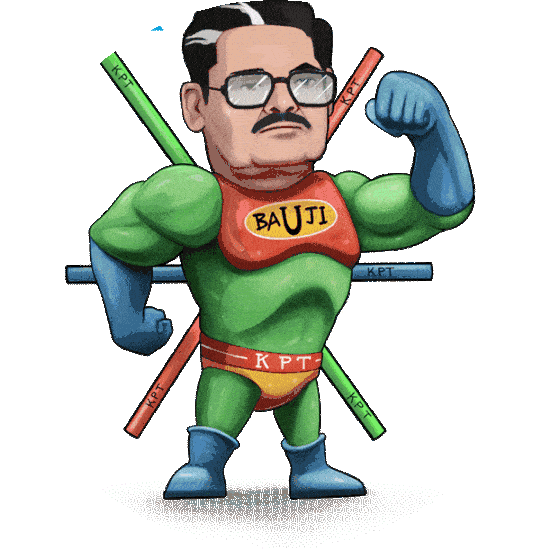
11 Jan Environmental Impact: Transforming Your House Water Pipes into Eco-Friendly Fixtures
Water pipes play a pivotal yet often overlooked role in our homes’ infrastructure. From delivering clean water for our daily needs to disposing of wastewater, these systems are integral to our everyday lives. However, they also have a significant environmental impact. Fortunately, there are several steps you can take to make your house water pipes more eco-friendly.
Upgrade to Water-Efficient Fixtures:
Replace older faucets, showerheads, and toilets with water-efficient models. Look for fixtures with the WaterSense label, which indicates they meet the Environmental Protection Agency’s (EPA) criteria for water efficiency without sacrificing performance. These upgrades can significantly reduce water consumption in your home.
Check for Leaks:
Leaks in house water pipes can waste a substantial amount of water over time. Routinely inspect your plumbing system for leaks, drips, or any signs of water damage. Addressing leaks promptly not only conserves water but also prevents potential structural damage to your home.
Install a Water Filtration System:
Instead of relying solely on bottled water, consider installing a home water filtration system. This not only reduces plastic waste but also ensures that the water you consume is clean and safe. Opt for systems that utilize eco-friendly filters and technologies, such as activated carbon or reverse osmosis.
Insulate Pipes:
Insulating your water pipes helps in maintaining water temperature and reduces heat loss as water travels through the plumbing system. This not only conserves energy but also prevents pipes from freezing during colder months, thereby reducing the risk of water wastage due to burst pipes.
Harvest Rainwater:
Consider installing a rainwater harvesting system to collect rainwater for non-potable uses such as watering the garden, cleaning, or flushing toilets. This reduces reliance on treated water for activities that don’t require it, conserving this precious resource.
Use Biodegradable and Eco-Friendly Cleaning Products:
When maintaining your pipes and plumbing fixtures, opt for biodegradable and environmentally friendly cleaning products. Chemical-laden cleaners can harm water quality and ecosystems when flushed down drains, while eco-friendly alternatives are safer for the environment.
Consider Greywater Systems:
Implementing greywater systems allows you to recycle water from sources like sinks, showers, and washing machines for non-potable purposes. Properly treated greywater can be reused for irrigation or toilet flushing, reducing the overall strain on freshwater resources.
Educate Yourself and Others:
Knowledge is power. Educate yourself and your household members on water conservation practices. Simple habits like turning off taps when not in use, fixing leaks immediately, and using water responsibly can collectively make a substantial difference.
By implementing these eco-friendly practices, you can significantly reduce your household’s water footprint and contribute to preserving this invaluable resource. While some changes may require an initial investment, the long-term benefits for the environment and your wallet make them worthwhile.
Remember, small actions collectively lead to significant impacts. Let’s strive to make our homes more eco-friendly and pave the way towards a sustainable future—one drop at a time.



